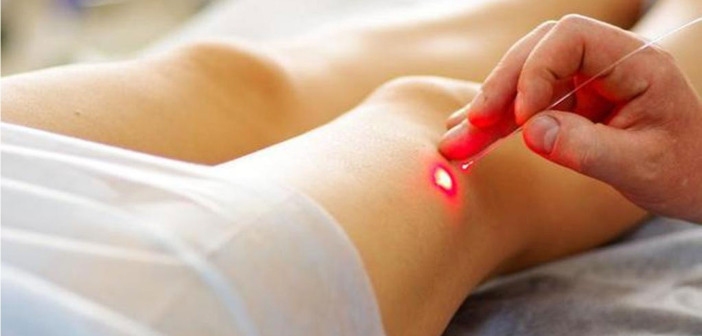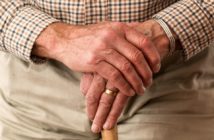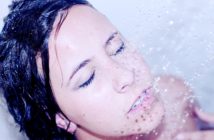Varicose veins range from minor cases such as spider veins to raised and bulging veins that cause pain and discomfort. Thanks to recent developments in medicine, there are treatment options available which can be done in a few doctor visits and involve no downtime. Vein stripping is now a procedure of the past. Newer treatment options range from sclerotherapy to laser surgery. Laser treatment of veins is highly effective and uses heat to close off the vein. According to the Huffington Post the only problem with laser treatment is “the patient has to have some injections of anaesthetic in the leg.” If the sight of a needle makes your blood run cold, this method may not be your ideal option. Be honest with your doctor and ask questions to find the best treatment method for your varicose veins. Your doctor can help decide which treatment is best for you.
How does sclerotherapy work?
Sclerotherapy uses a liquid chemical that is injected to close off a varicose vein. This treatment is effective for smaller varicose veins and spider veins. Sclerotherapy is done at a doctor’s office, and there is no downtime. Multiple treatments may be required. The procedure causes the vein to close off. Patients who are afraid of needles will not like this method.
What is lasering?
Light energy from a laser is applied to the varicose vein in this method. Lasering is minimally invasive. No cutting or injections are necessary. This works well on smaller varicose veins.
What causes varicose veins?
Aging, pregnancy and lifestyle are factors that contribute to varicose veins. According to Miami Beach Vein Institute, “As you age, your veins become less elastic, which slows the movement of blood back to the heart and causes blood to pool in the veins. The veins become enlarged.” Women are more likely to develop varicose veins than men. Hormone replacement therapy and even birth control pills increase the risk of varicose veins. Varicose veins are veins that have become enlarged and twisted.
Will changing my lifestyle help my condition?
If varicose veins do not cause you much pain, simple lifestyle adjustments can prevent varicose veins from getting worse. Take periodic breaks when sitting or standing for an extended amount of time. Do not sit with your legs crossed, since this restricts blood flow. Raise the legs above heart level, when resting or sleeping. Increase your physical activity. Improving your muscle tone with exercise helps the blood move through the veins.
Do I need to lose weight?
Weight loss may help improve blood flow and alleviate pressure on your veins. If you are overweight, you are more prone to varicose veins.
What type of shoes should I wear?
High heeled shoes can worsen varicose veins. Wear shoes with a lower heel. High heels put unnatural strain on your calf muscles. Strengthen your calf muscles by working out with weights.
Should I try compression stockings?
You can purchase over-the-counter compression stockings at pharmacies and in medical supply stores. These stockings create pressure on the legs which prevents blood from pooling. Your doctor may recommend prescription-strength compression stockings. These are available at medical supply stores and need to be custom fitted by a professional.
Will my insurance cover varicose vein treatment?
This is often considered a cosmetic procedure and is rarely covered by insurance.
Schedule an appointment with your doctor to find out which method is right for treating your varicose veins.




